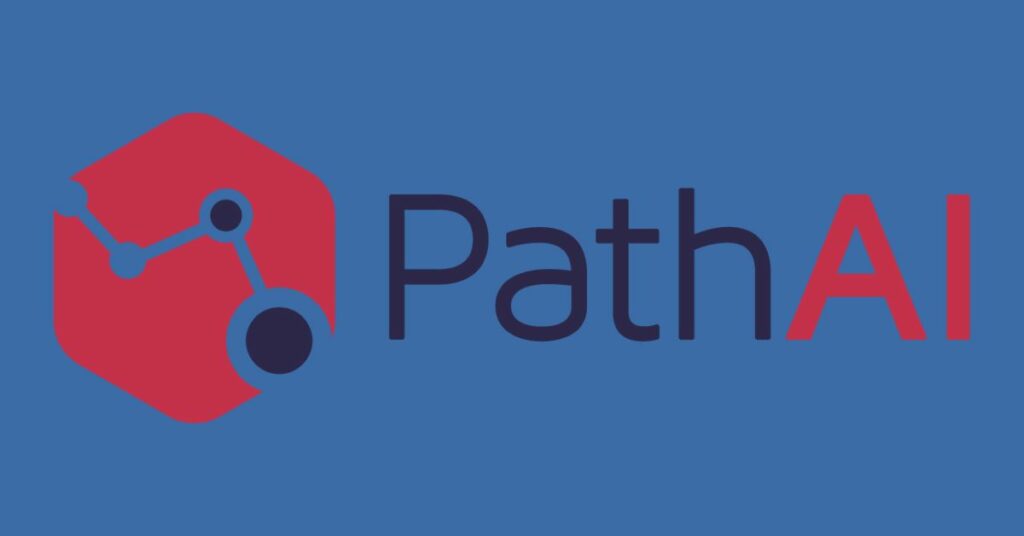
In today’s rapidly advancing medical field, diagnostic assistance tools play a vital role in enhancing the accuracy and efficiency of patient diagnoses. Here’s a curated list of the Top EMR Software for Diagnostic Assistance that is leading the charge in providing diagnostic support to healthcare professionals.
For a complete guide also read about Top Healthcare Artificial Intelligence Software dive into this link for exclusive insights and captivating discoveries!
What is EMR Software for Diagnostic Assistance?
EMR software for diagnostic help is revolutionizing healthcare. This breakthrough program allows clinicians to swiftly and easily access a patient’s medical history, test data, and other vital information to diagnose them. Medical providers may make more accurate diagnoses using EMR software since they can see the patient’s whole health path. This improves treatment and simplifies the healthcare process, making it more patient-centered. Modern healthcare relies on EMR software to enhance patient outcomes and efficiency.
Related post: Best AI EMR/EHR Software for Patient Data Security and Privacy
12 Best EMR Software for Diagnostic Assistance
1. Aidoc

Aidoc is renowned for its advanced AI algorithms that analyze medical imaging in real-time, providing radiologists with critical insights and helping to prioritize patient care based on the urgency of medical conditions.
2. PathAI

PathAI stands out with its machine learning-powered platform, which assists pathologists in diagnosing diseases from pathology slides with higher accuracy. It also offers predictive analytics to improve patient outcomes.
3. IBM Watson Health

Watson Health leverages AI to provide support across various domains, including diagnostics. Its ability to process and analyze vast amounts of medical literature and patient data makes it a potent tool for aiding in diagnosis.
4. Zebra Medical Vision

This tool offers an AI radiology assistant that automatically analyzes medical imaging to detect various medical conditions. Zebra Medical Vision’s algorithms continuously learn and improve, offering critical diagnostic support.
5. Tempus

Tempus utilizes AI to provide precision oncology diagnostics. It gathers and analyzes clinical and molecular data, facilitating personalized treatment plans and advancing diagnostic accuracy in cancer care.
6. Butterfly iQ

Butterfly iQ’s handheld ultrasound device, powered by AI, democratizes medical imaging by providing a portable and affordable solution that assists in a wide range of diagnostics directly at the patient’s bedside.
7. Caption Health

Caption Health’s AI software works with portable ultrasound systems to assist healthcare providers in capturing and interpreting ultrasound images, which can be crucial for diagnostics in cardiac care.
8. Viz.ai

Specializing in stroke care, Viz.ai’s AI-driven platform detects and alerts potential strokes from imaging, significantly speeding up the time-sensitive diagnosis and treatment process.
9. HeartFlow

HeartFlow’s AI analysis takes standard CT scans and creates personalized 3D models of patients’ coronary arteries, aiding clinicians in diagnosing and treating coronary artery disease.
10. Arterys

Arterys offers a suite of clinical applications that leverage AI to analyze medical images across oncology, neurology, and cardiology, providing deep clinical insights for informed diagnostic decision-making.
11. Enlitic

Enlitic’s deep learning platform enhances the entire diagnostic process, from image analysis to patient treatment plans, by providing clinicians with powerful tools to make more informed medical decisions.
12. Prognos Health

Prognos Health analyzes lab diagnostic data with AI to anticipate disease trajectory, helping in early disease detection and monitoring, which is critical for chronic and acute diseases.
Benefits of EMR Software for Diagnostic Assistance
EMR (Electronic Medical Records) software revolutionizes patient data management for diagnostic help. First, it centralizes patient data such as medical history, test findings, and therapies to improve diagnosis. Doctors may swiftly make educated judgments with this complete picture. EMR software optimizes clinical procedures, decreasing paperwork and administrative responsibilities, and letting doctors concentrate on patient care.
It also improves healthcare professional communication, maintaining patient continuity. EMR systems predict health concerns based on patient data, supporting preventative treatment. EMR software improves patient care quality and efficiency.
FAQs
The most commonly used medical software in healthcare facilities is Electronic Health Records (EHR) software. It centralizes patient information, streamlines medical record-keeping, and facilitates efficient care delivery. EHR systems like Epic, Cerner, and Meditech dominate due to their comprehensive features and ease of use.
Medical diagnosis software is a digital tool used by healthcare professionals to assist in identifying diseases and medical conditions. It integrates patient data, symptoms, and medical knowledge to provide accurate, efficient diagnostic suggestions. This software enhances the precision and speed of medical diagnoses, aiding in effective patient care.
Most hospitals use Electronic Health Records (EHR) software, which streamlines patient data management by integrating medical histories, treatment plans, and billing information. This technology enhances patient care efficiency and improves healthcare delivery. Popular EHR systems include Epic, Cerner, and Meditech, widely recognized for their comprehensive features and reliability.
SAS in pharmacy refers to the “Special Access Scheme,” a provision that allows healthcare professionals to access therapeutic drugs not yet approved for general use in a country. This scheme is essential for patients needing treatment with specific, unapproved medications due to unique medical circumstances. It bridges the gap between drug development and patient needs, ensuring access to potentially life-saving treatments.
Conclusion
The utilization of this EMR Software for Diagnostic Assistance facilitates a more precise and efficient diagnostic process, thereby potentially improving patient outcomes and reducing the likelihood of diagnostic errors. They represent the pinnacle of innovation in medical record review and diagnostic support technology, underscoring the transformative impact AI and machine learning continue to have on healthcare.
Thanks!





